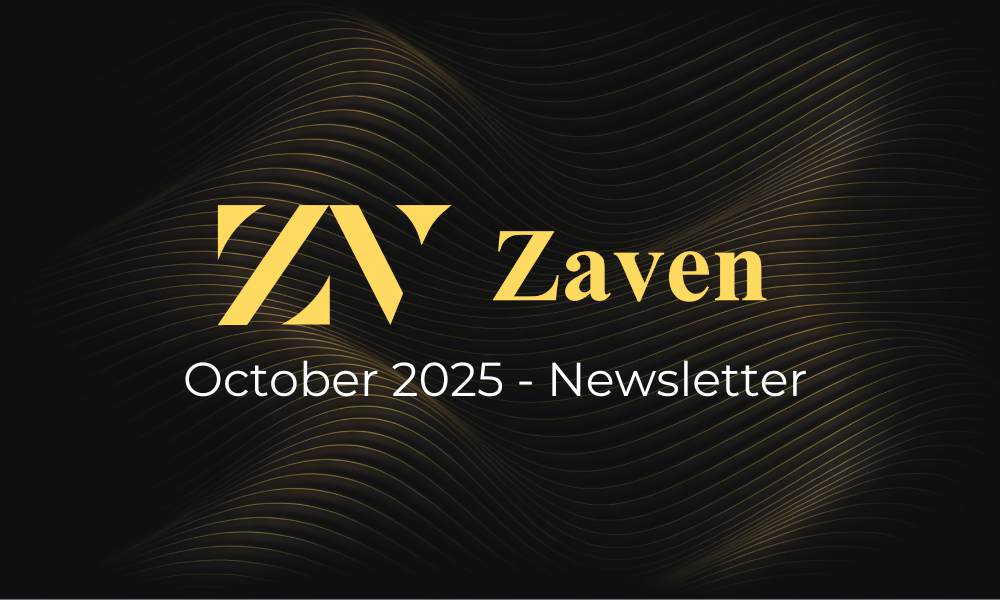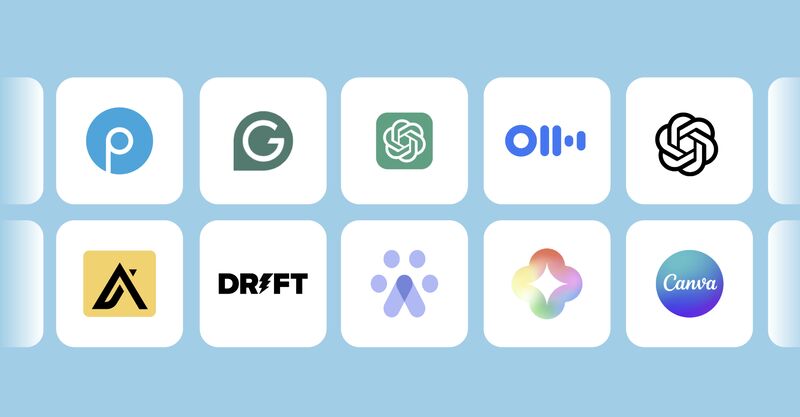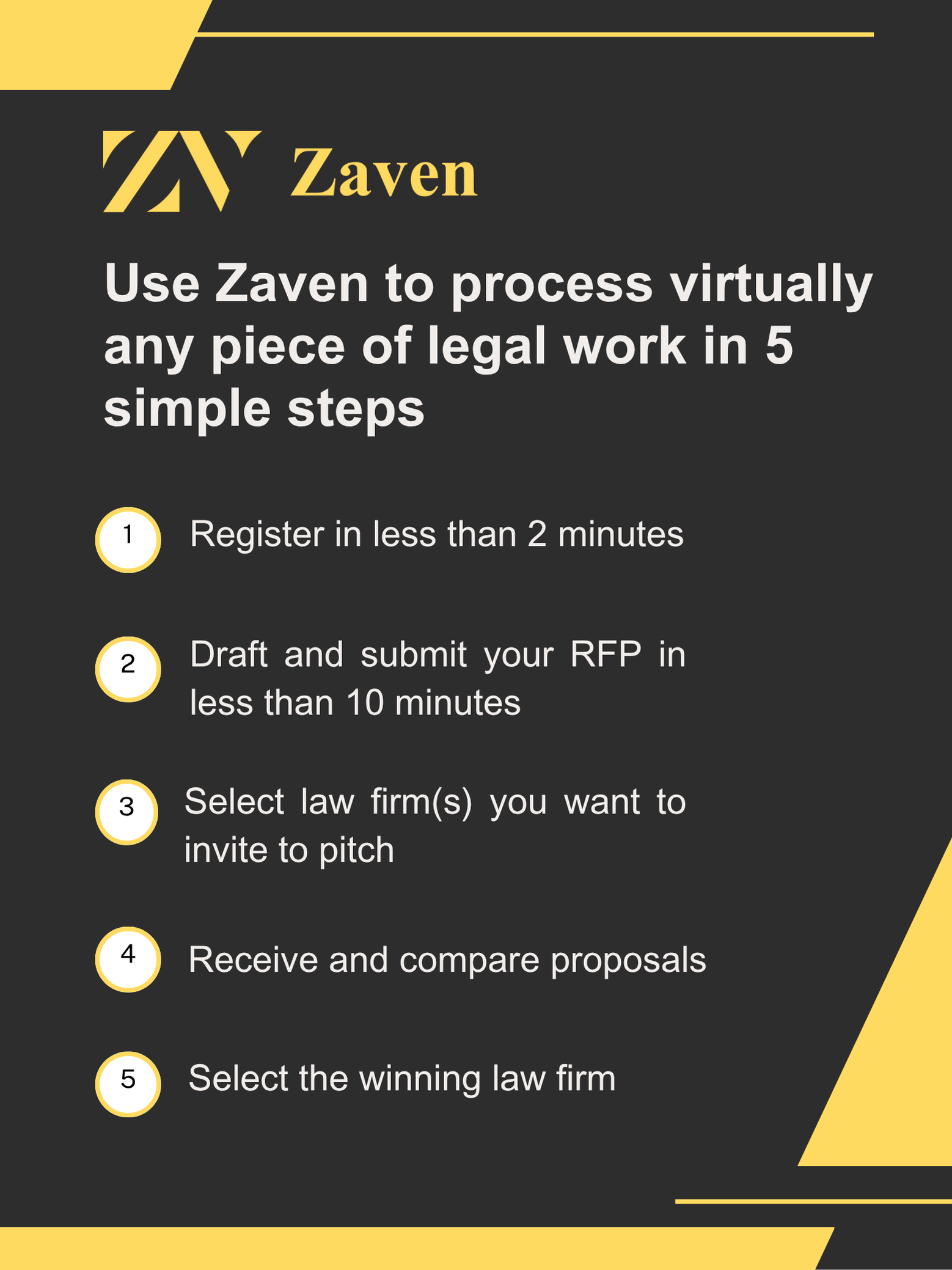Source: Guardian
In the rush to automate legal work, we’re missing a crucial distinction: not everything that appears manual is meaningless, and not everything that seems tedious lacks value. The legal technology industry’s narrative about freeing lawyers from “manual drudgery” often misses the mark on what truly needs automation.
The False Dichotomy of Legal Work
Legal tech marketing often presents a simplistic view: lawyers should focus on “high-value” work while AI handles the “manual” tasks. However, this perspective overlooks a fundamental truth: many lawyers find inherent value in tasks that tech companies label as drudgery. Drafting contracts, conducting legal research, and crafting communications aren’t just mechanical processes—they’re intellectual exercises that help lawyers think through complex issues.
Understanding Process vs. Tasks
The key to effective legal automation lies in distinguishing between processes and tasks:
Processes
- Higher-level activities like contract drafting or legal research
- Often complex and multifaceted
- Require strategic thinking and professional judgment
Tasks
- Specific activities within larger processes
- May include document formatting, citation checking, or file organization
- Can be repetitive and time-consuming
The solution isn’t to automate entire processes but to identify and streamline specific tasks while preserving the valuable cognitive work that lawyers perform.
The Hidden Value in Manual Work
Consider court bundling—a seemingly tedious process of organizing documents for litigation. While the mechanical aspects of renaming and ordering documents might benefit from automation, the process serves an unintended purpose: it gives lawyers intimate familiarity with case materials. This knowledge often proves invaluable during litigation.
This raises a crucial question: When we automate “boring” tasks, what unintended benefits might we lose?
Context Matters
The value of automation depends heavily on context:
- Drafting boilerplate contract provisions might benefit from automation
- Crafting bespoke terms for complex transactions requires human judgment
- Standard legal research on common issues could be templated
- Novel legal questions demand fresh analysis and creative thinking
Client Expectations and Quality Trade-offs
While client pressure for efficiency drives automation, it’s essential to maintain transparency about where human involvement adds value. The focus on speed shouldn’t overshadow quality considerations:
- Some situations may accept 70% accuracy for faster results
- Other contexts demand the precision that only careful human review can provide
- Clients need to understand these trade-offs to make informed decisions
A Balanced Approach to Legal Tech
The path forward requires:
- Identifying truly mechanical tasks within larger processes
- Preserving valuable cognitive work that enhances understanding
- Considering context when deciding what to automate
- Maintaining transparency with clients about quality trade-offs
- Finding new ways to develop expertise when traditional methods are automated
Looking Ahead
The future of legal practice isn’t about wholesale automation but striking the right balance. Technology should enhance legal work by:
- Streamlining genuine busywork
- Supporting (not replacing) intellectual tasks
- Enabling lawyers to focus on truly high-value activities
- Creating new ways to develop expertise
The goal isn’t to automate everything possible, but to thoughtfully enhance legal practice while preserving what makes it valuable in the first place.
Read more: Guardian







